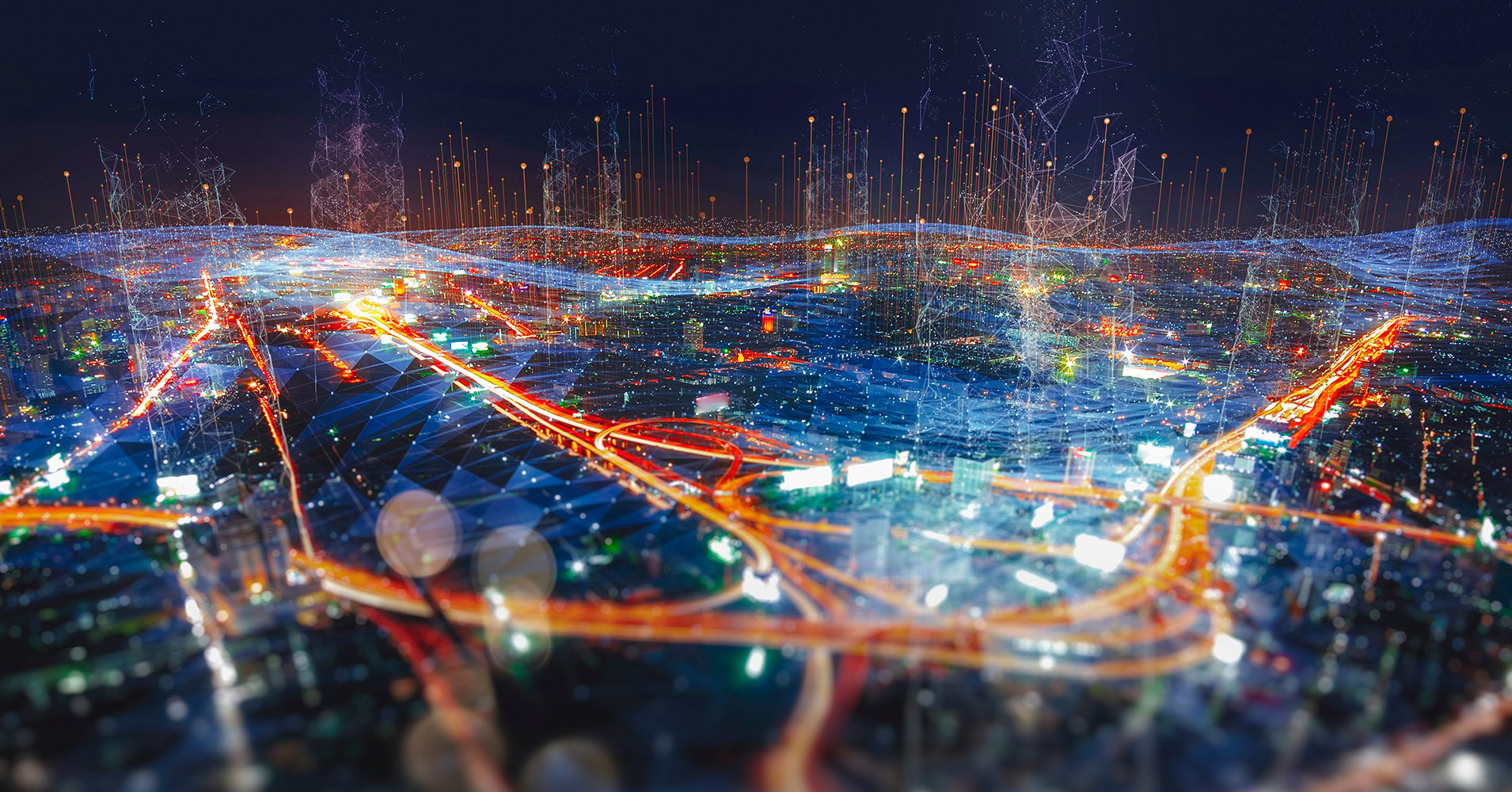Power.Gate ‘Plus’: The Future of Parking Management
How tomorrow’s car parks benefit from smart IoT
How tomorrow’s car parks benefit from smart IoT
How tomorrow’s car parks benefit from smart IoT
Markus Arch3 minutes reading time

For some years, the “Internet of Things” (IoT) has been a frequently mentioned buzzphrase when it comes to digitalization. It certainly is a topic to be dealt with, not only for technology enthusiasts but also from a business point of view. Big players such as IBM or Cisco Systems have been dealing with IoT for a long time, and for good reason. But even business sectors that are not usually associated with IoT, like the parking industry, can benefit significantly from it.
Interconnected Devices and Easy-to-Use Interfaces
To put it briefly, IoT means that physical objects are connected and communicate with each other, either in a public or a non-public network. This interconnectivity between physical objects holds immense benefits for companies, parking facilities included.
Benefit how? Imagine the barriers, automated payment machines, and all other devices in a parking facility being interconnected. Let's go one step further: the devices also communicate with the parking facility's software system. This means all the entire hardware and software components communicate with one other, and ultimately with the operator via an easy-to-use interface.
This way, the operator knows at any time what’s going on in the parking facility. Problems like an entrance column running out of paper tickets are indicated immediately and can be resolved quickly.
Best of all – and that’s one of the key benefits of IoT – the collated information is not only shown at a stationary control desk but can also be forwarded to a mobile device.

Unified Monitoring and Control Application
Taking the concept of IoT for the parking industry even further, individual parking facilities may be interconnected as well and managed remotely. As a result, operators of multi-site parking facilities can be provided with an overview of key figures and system events across all facilities at once.
Are parkers using the EV-charging stations?
Is there a problem with that car at the exit column?
How much cash is there in the pay-on-foot machine?
All these questions can be answered by taking a quick look at the unified monitoring and control application, which covers all devices of all car parks and all facilities, no matter where in the world they are located.
Easier Service and Maintenance
But the IoT concept holds even more benefits for the parking industry when it comes to monitoring facilities. It can also prove helpful in carrying out service tasks. After all, devices and software that are interconnected are much easier to operate and maintain.
All this goes far beyond simple commands like “open barrier”. IoT connectivity also allows verified updates to be sent to the parking management system for installation. That’s how the systems can be kept up to date without additional effort, and software bugs are quickly squashed. This is possible because update packages can also be deployed over the IoT network and made instantly available via our Digital Software Delivery service.
Conclusion: Smart IoT for Tomorrow's Car Parks
All this is to say that the parking industry is not relegated to the sidelines, but plays in the same league as other IoT-driven businesses. That’s because smart IoT concepts not only make it much easier to monitor, control and update parking facilities, but they are also the key to meeting the increasing demands on parking facilities as future mobility hubs.
What others read
Creating Cities That Thrive: Reducing Congestion with Smart Parking Solutions
SKIDATA & Adyen: Revolutionizing Payments, Everywhere You Go
Why EV-Charging is Key to Future-Proof Parking Facilities
Let’s Welcome Emotions: SKIDATA's Leadership in Transforming Sports & Entertainment

